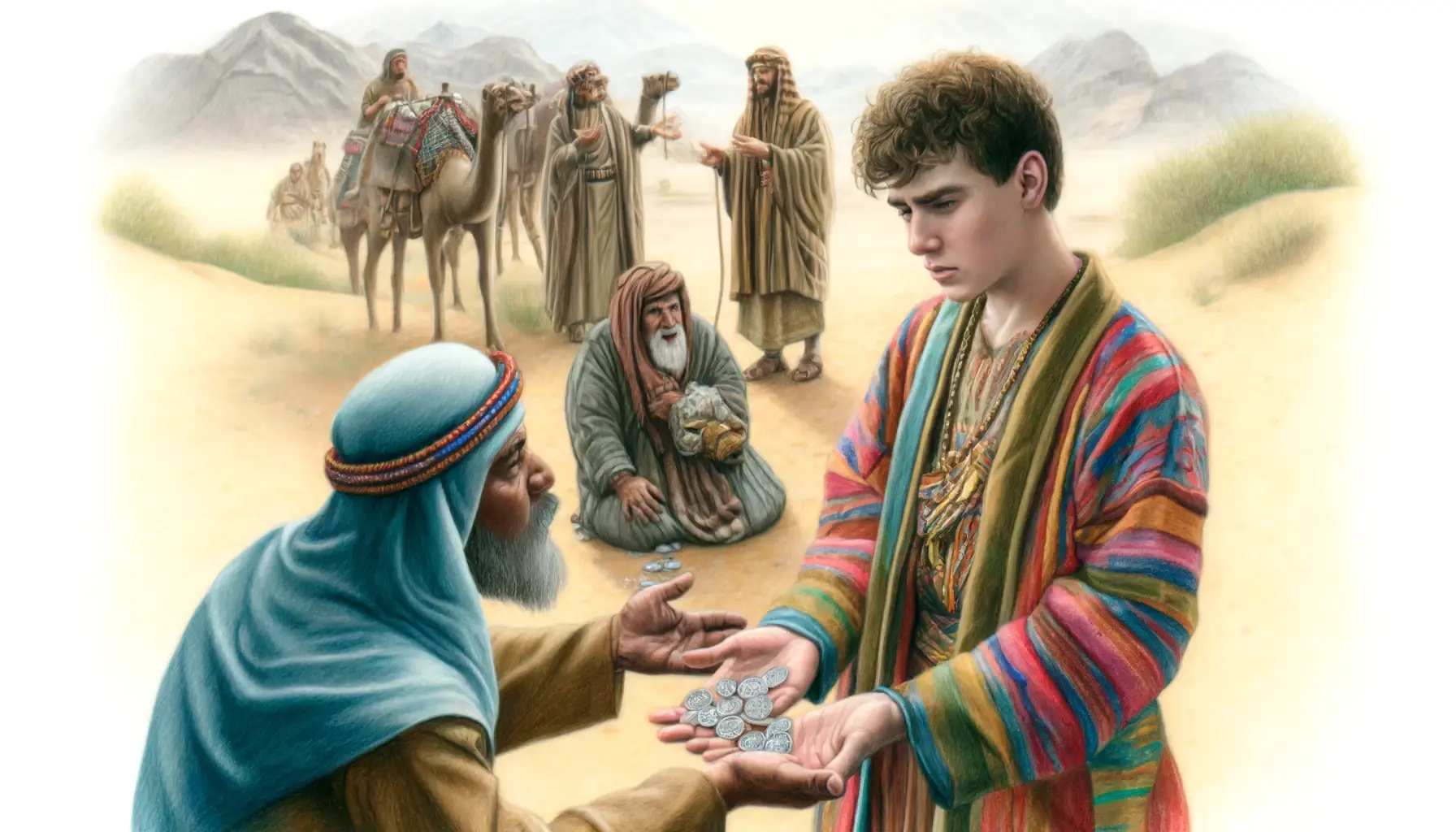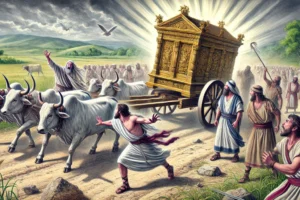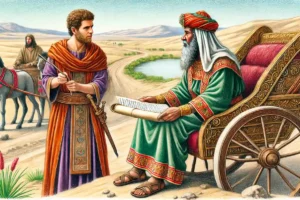
Joseph Sold into Egypt
In Genesis 37:28, we find the critical moment when Joseph is sold into slavery by his brothers, marking a significant turning point in the story of Joseph and the history of the Israelites. Here are a few key points:
- Brothers’ Betrayal: Joseph’s brothers conspire to sell him to a caravan of Ishmaelite traders passing by, instead of killing him as some had initially planned.
- Price of Slavery: Joseph is sold for twenty shekels of silver, reflecting the common price for a young slave at that time.
- Destined for Egypt: The Ishmaelites take Joseph to Egypt, setting the stage for his future rise to power within Pharaoh’s administration.
- Inter-family Conflict: This event escalates the existing jealousy and strife among Jacob’s sons, profoundly impacting the family dynamics and Joseph’s destiny.
- Prophetic Fulfillment: Joseph’s sale into Egypt eventually leads to his rise in power, which plays a crucial role in the survival of his family and fulfillment of God’s promise to Abraham.

The narrative of Joseph being sold into Egypt, specifically highlighted in Genesis 37:28, is a cornerstone event in the Genesis narrative, rich in theological themes and personal drama. This event not only marks the beginning of Joseph’s journey from a favored son to a powerful Egyptian official but also sets in motion the fulfillment of God’s covenantal promises to Abraham, Isaac, and Jacob. Here’s a deeper analysis of this pivotal verse:
Contextual Background
Joseph, the eleventh son of Jacob and the first son of Rachel, is distinctly favored by his father, evidenced by the special many-colored coat he receives. This favoritism sparks jealousy and hatred among his brothers. Joseph’s recounting of dreams that symbolically predict his rise over them further inflames their animosity.
The Act of Betrayal
In Genesis 37:28, Joseph’s brothers seize an opportunistic moment to rid themselves of what they perceive as their father’s favored son. Initially, some brothers advocate for his death, but Judah suggests selling Joseph to passing Ishmaelite traders. The narrative specifies that Joseph is sold for twenty shekels of silver, a detail that underscores the transactional betrayal by his own family.
Theological Implications
- Providence and Divine Plan: The sale of Joseph can be viewed through the lens of divine providence. While it represents a grave act of injustice and familial betrayal, it also sets the stage for the preservation of Jacob’s family during the forthcoming famine, illustrating how God can bring about good from human evil.
- Testing and Formation of Character: Joseph’s journey from favored son to a slave and eventually to a high-ranking official involves significant tests of character and faith. His experiences in Egypt, including his eventual rise to power, reflect a theme of personal growth and divine preparation for leadership.
- Fulfillment of Dreams: Joseph’s dreams, which predict his future ascendancy over his family, begin to find their initial fulfillment through his sale. Though it seems like his dreams are being thwarted, in reality, they are steps toward eventual realization.
- Narrative Foreshadowing: This moment foreshadows later biblical themes of redemption and salvation. Joseph’s story is often seen as a typological precursor to the life of Christ, who was also betrayed for silver, unjustly treated, but ultimately became a savior.
Literary and Historical Aspects
The transaction details — twenty shekels of silver and the involvement of Midianite traders — reflect the historical and cultural context of the time. Such details not only add veracity to the narrative but also help in understanding the socio-economic backdrop of ancient Near Eastern society. Additionally, this story is structured to enhance the dramatic irony: the audience knows more about God’s plan than the characters do, adding a layer of complexity to the unfolding events.
Conclusion
The sale of Joseph by his brothers in Genesis 37:28 is a narrative filled with deep emotional and theological layers. It serves as a critical turning point that drives the rest of the Genesis account, setting the stage for not only the survival and growth of the Israelite nation but also the theological understanding of suffering and redemption in the biblical tradition. The complexities of Joseph’s sale reflect broader themes of God’s sovereignty, the problem of evil, and the mysterious ways in which divine providence operates through human history.



